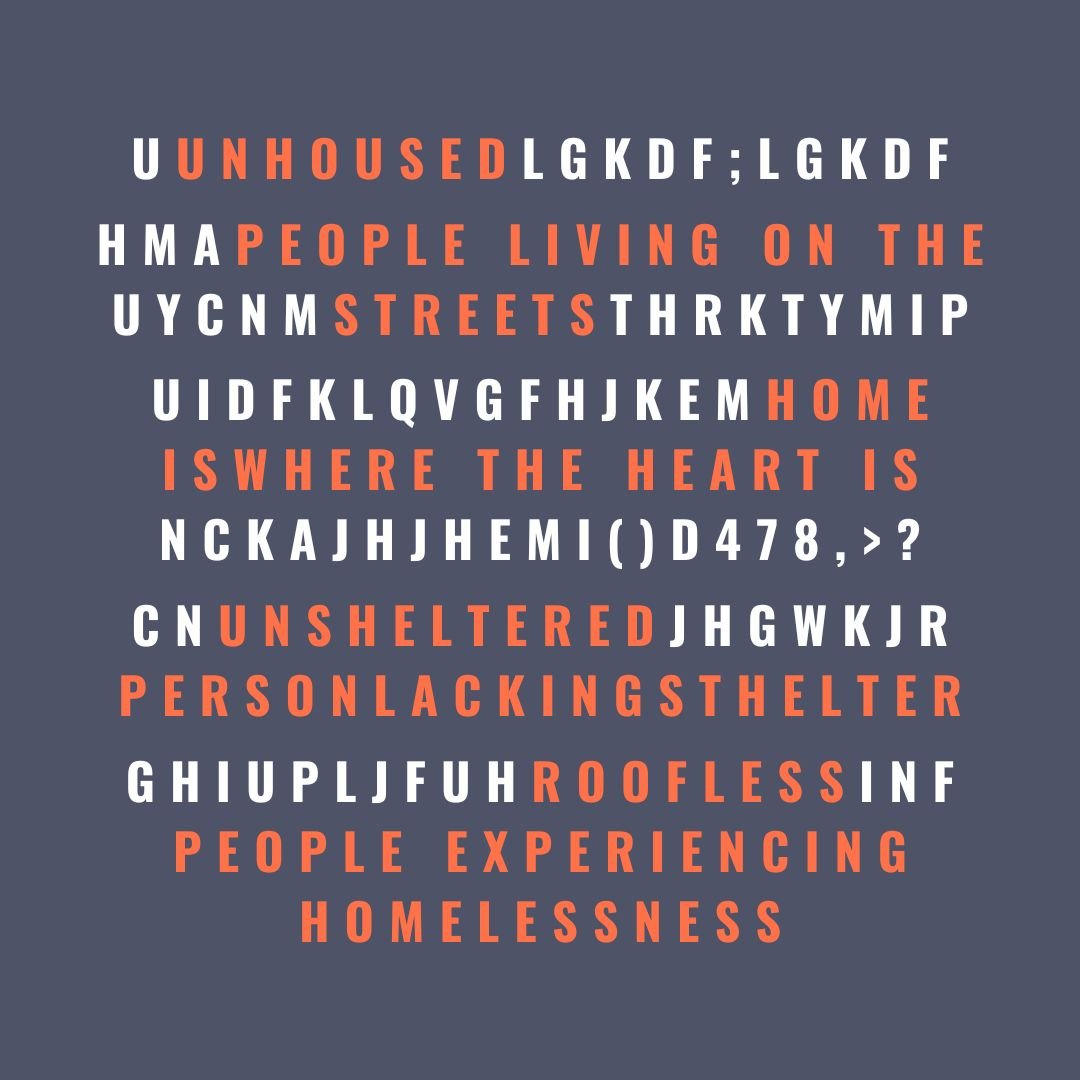We’ve been getting repeated comments, eye roll emojis and even angry emails over our use of the word unhoused, which we’ve been using for several years now, often associated with the word neighbor, when describing a local living without stable shelter.
When we first started this hyperlocal reporting initiative, we got negative comments for using the term homeless. For many in advocacy circles, this is a stigmatizing, demeaning word, carrying heavy baggage.
If a person we interview living on the streets uses the word homeless to describe themselves we will leave it in their own quote, but we try to no longer use it ourselves.
One our favorite expressions is home is where the heart is. That means everyone has a home, somewhere, wherever and whatever that may be. Someone can consider Reno their home, or the banks of the Truckee River.
On that note, people often talk of trash left behind, but think for a minute or two of how much pollution and resource wasting affluent people cause.
Other terms we’ve come across are people living on the streets, the unsheltered, the housing deprived, people lacking shelter, people experiencing homelessness, the houseless, individuals with chronic patterns of homelessness and even the roofless.
In other countries, the wording can go in other directions for describing neighbors who are unhoused. In France it’s often Sans Domicile Fixe, which means without a fixed address. It then becomes the acronym for that, SDF, which has a clinical, administrative, dehumanizing tone.
In Spanish, sometimes the word mendigo or panhandlers is equated with the condition of having no stable shelter, or it can be the desamparado, the defenseless and recourseless, or even the desvalido, the destitute.
In China, terms similar to vagrants, drifters or hobos are often used.
Unless convinced otherwise, we will stick mostly to unhoused for now, which points to the devastating structural lack of accessible housing in northern Nevada.
